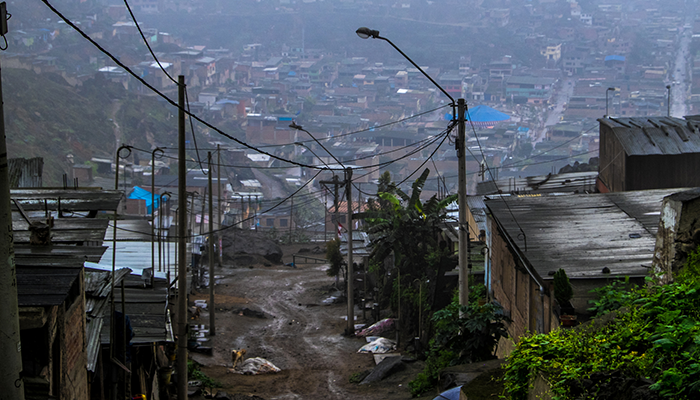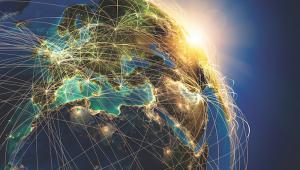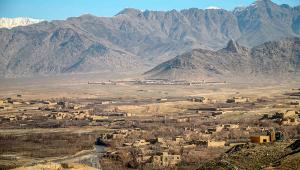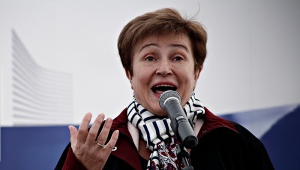The report, by the United Nations Development Programme, used mortality data and the latest economic growth projections from the IMF to estimate the current trajectory of poverty compared with before the pandemic, and depending on the speed of the recovery.
It found 44 million more people could be pushed into extreme poverty by 2030 under a ‘baseline scenario’, but a ‘high damage’ scenario with a drawn-out recovery could cause 251 million people to drop below the income threshold.
The larger increase would leave more than 1.1 billion people in extreme poverty worldwide.
However, the report also said a focused set of investments in social protection and welfare programmes, governance, digitalisation and ‘greening’ the economy could not only prevent the rise, but even exceed the development trajectory the world was on before Covid-19 first broke out.
“The Covid-19 pandemic is a tipping point, and the choices leaders take now could take the world in very different directions,” said UNDP administrator Achim Steiner.
“We have an opportunity to invest in a decade of action that not only helps people to recover from Covid-19, but that resets the development path of people and planet towards a more fair, resilient and green future.”
The UNDP added that “policy making that seemed impossible just a few months ago”, such as temporary basic income schemes in Brazil and Lebanon – and new government digital payments in Colombia that reached 2 million people in just a few weeks – shows “there is space for bold decisions”.
Earlier this week, UN secretary-general António Guterres called for $35bn to help the world’s poorest in 2021, saying a record 235 million people will need humanitarian assistance – an almost 40% increase from 2020.
He said the increase is “almost entirely” because of Covid-19.
“The picture we are presenting is the bleakest and darkest perspective on humanitarian needs in the period ahead that we have ever set out,” Guterres said.
“That is a reflection of the fact that the Covid pandemic has wreaked carnage across the whole of the most fragile and vulnerable countries on the planet.”














